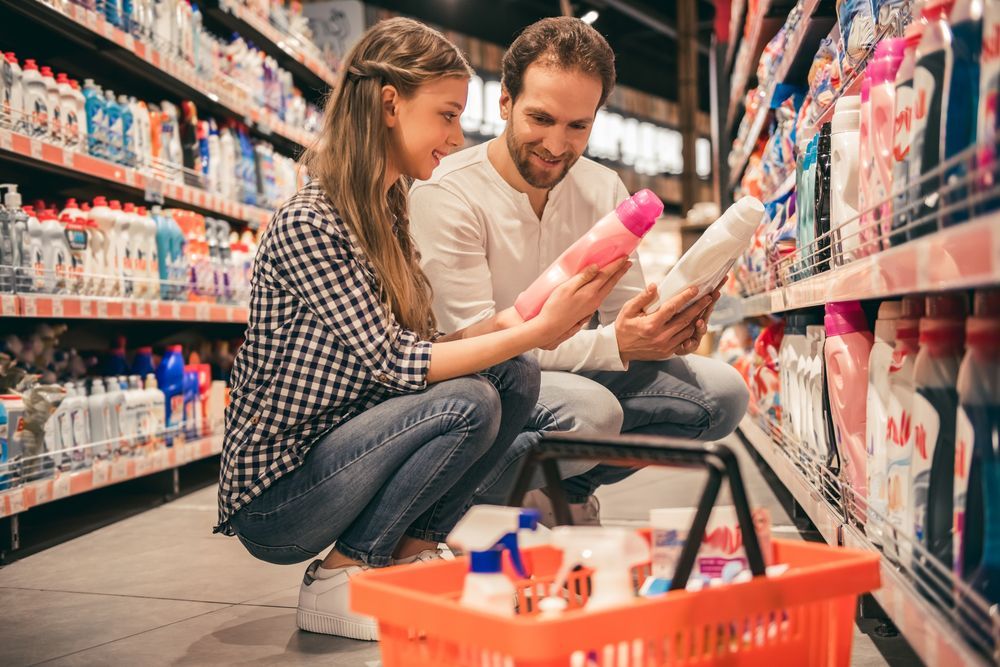
Checking Sustainable Products
Wednesday 8th November, 2023As the importance of sustainability gains traction, more and more products are hitting the UK market with labels such as "disposable," "compostable," and "recyclable." However, how can we be sure that these products are as eco-friendly as they claim to be? This blog post aims to guide you through the process of verifying whether or not these products live up to their sustainability claims.
The Importance of Verification
Verifying the sustainability claims of products isn't just for your peace of mind; it's an essential step to combat 'greenwashing.' Companies often misuse or overuse environmental buzzwords to attract eco-conscious consumers. Therefore, it's crucial to ensure that a product aligns with its environmental claims.
The term 'greenwashing' refers to the act of falsely claiming that a product, service or company policies are environmentally friendly. When consumers fall for these misleading claims, they unknowingly contribute to practices that may be detrimental to the environment. For instance, a product labelled as 'biodegradable' may actually require very specific conditions to break down, which are not achievable in regular landfills.
While there are some regulations and certifications in the UK that help consumers identify genuinely sustainable products, these are not foolproof. Companies often find loopholes or employ clever marketing techniques to give the impression of sustainability. By knowing what to look out for, you can make sure your sustainability efforts are actually having the effect you want.
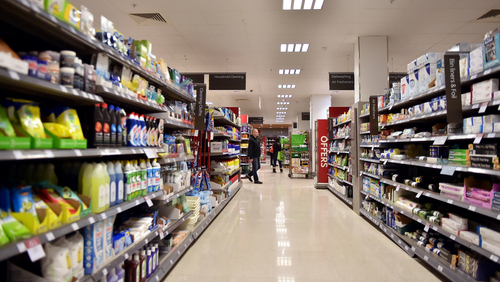
It's also worth noting that sustainable products can be more expensive than alternatives. Consumers who are willing to pay extra for products they believe to be eco-friendly should be getting genuine value in terms of sustainability for that extra cost. If we fail to verify these claims, we risk not only wasting money, but also inadvertently supporting companies that engage in unsustainable practices and greenwashing.
Of course, much of the environmental impact of our day-to-day lives is ultimately the responsibility of governments and companies. However, until legislation is passed to mandate the introduction of more green products, it's important that we take steps ourselves to reduce our individual impacts and be as eco-friendly as possible.
Do not cut corners
In an article by Astonish, Olivia Young - the brand’s cleaning expert and product development scientist - debunks viral trends on TikTok, explaining that cutting corners is not worth it due to the impacts these ‘alternative methods’ can have on our drains and the environment.
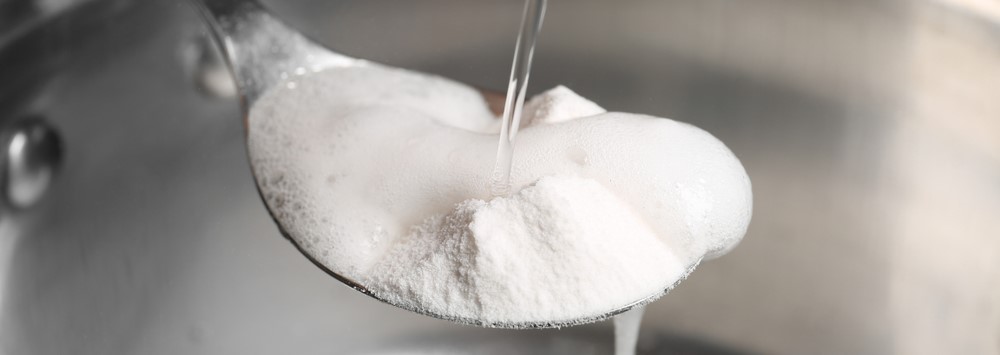
One example of this is the usage of vinegar and baking sod to unblock drains, which has not been shown to actually work particularly well. This is due to the simple fact that the combination of acidic vinegar and alkaline baking soda actually serve to neutralise each other, rather than cutting through the blockage. Instead, Olivia recommends using a dedicated plughole unblocker product.
To get the result you want, use the correct tools for the job, and opt for those that are made with sustainability and the environment in mind.
How to Check 'Disposable' Products
As we've mentioned, the concept of 'disposable' products and its definition can be dubious when it comes to companies looking to profit. To make sure you are disposing correctly, follow our tips on what to look for:
Read the Packaging
When it comes to disposable items, always read the packaging. Look for clear information and fine print that explains just how disposable the product actually is. For example, disposable nappies should specify their material composition and their impact (or lack thereof) on landfills. Here, you will also find instructions on how to dispose of the item.
To make sure you're buying eco-friendly products, read the packaging carefully before you buy something, and even when repurchasing the same products, check it again occasionally to find out whether the manufacturing processes or materials have been changed.
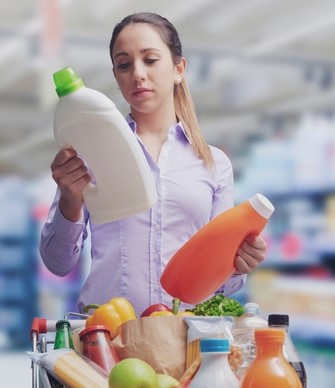
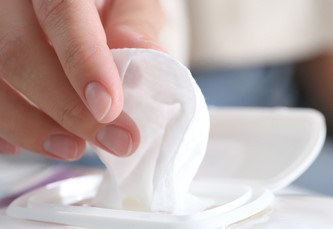
Material Composition
Common items that are labelled as disposable include baby wipes, cutlery and razors. Materials like bioplastics can be genuinely disposable, breaking down more quickly than conventional plastics. However, some materials only break down under specific conditions, making them not truly disposable.
Warning Signs
Be cautious of vague language like 'eco-friendly' or 'natural,' as these terms are not regulated. If the packaging doesn't offer specific information, be sceptical.
How to Check 'Compostable' Products
The definition of 'compostable' is another that is often misunderstood. In many cases, items that are labelled as compostable may not actually be so. Here are our tips for verifying these products:
Look For Certifications
Look for specific certifications - namely EN 13432, which is a European standard often used in the UK that ensures that the item can break down in an industrial composting facility.
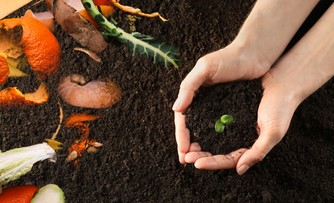
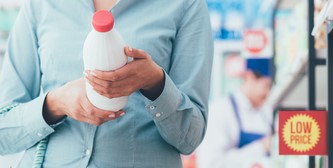
The Small Print
Always read the entire label. Some products are only compostable under industrial composting conditions, which may not be accessible to everyone.
Test the Product
If you're still uncertain, you can do a small compostability test at home, particularly for products like compostable coffee pods or plates. If it breaks down within a reasonable time frame in your home compost, it's likely that the product is genuinely compostable.
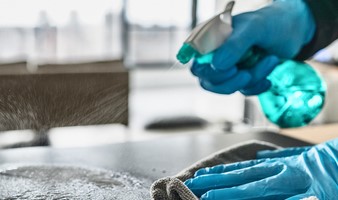
Warning Signs
Be cautious of vague language like 'eco-friendly' or 'natural,' as these terms are not regulated. If the packaging doesn't offer specific information, be sceptical.
How to Check 'Recyclable' Products
Despite seemingly having a strong focus in the UK, recyclability still has a long way to go. You might be surprised to find out how many plastic items are not recyclable and must be thrown in normal waste bins. Here are some steps you can take to make sure you are recycling correctly:
Symbols and Numbers
Familiarise yourself with the recycling symbols. The Mobius loop is widely recognised, but the presence of this symbol alone does not guarantee that an item is recyclable. Often, there's a number within the symbol, which can give you more information about the type of material, and further written instructions on which parts of the item can be recycled.
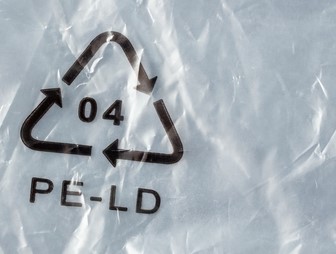
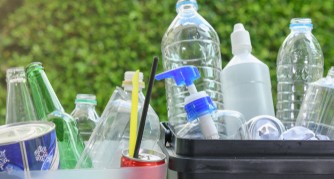
Mixed Materials
Products that combine different types of materials can often be problematic. For example, plastic-coated paper is difficult to recycle. Items like this often end up in landfills, regardless of the recycling symbol they may bear.
Warning Signs
Again, be sceptical of products that make broad claims like 'green' or 'sustainable' without providing specific information. Always look for the specific type of material and whether it aligns with local recycling guidelines.
Taking Action
As consumers, our purchasing choices have a significant impact on the environment. By being vigilant and taking the time to verify sustainability claims, we can contribute to genuine efforts to make our world a greener place. By checking labels, doing some at-home tests, and being cautious of greenwashing tactics, we can all become more responsible consumers.
At Unblocktober, we want to help people understand why taking the time to buy and dispose of eco-friendly products properly is important. While the onus is on the government to implement legislation to mandate that companies take more responsibility and prioritise recycled materials, we can take steps to make our daily habits more sustainable. By pledging with Unblocktober, you can show your support to this movement and promise to make changes that will benefit the environment around you.
